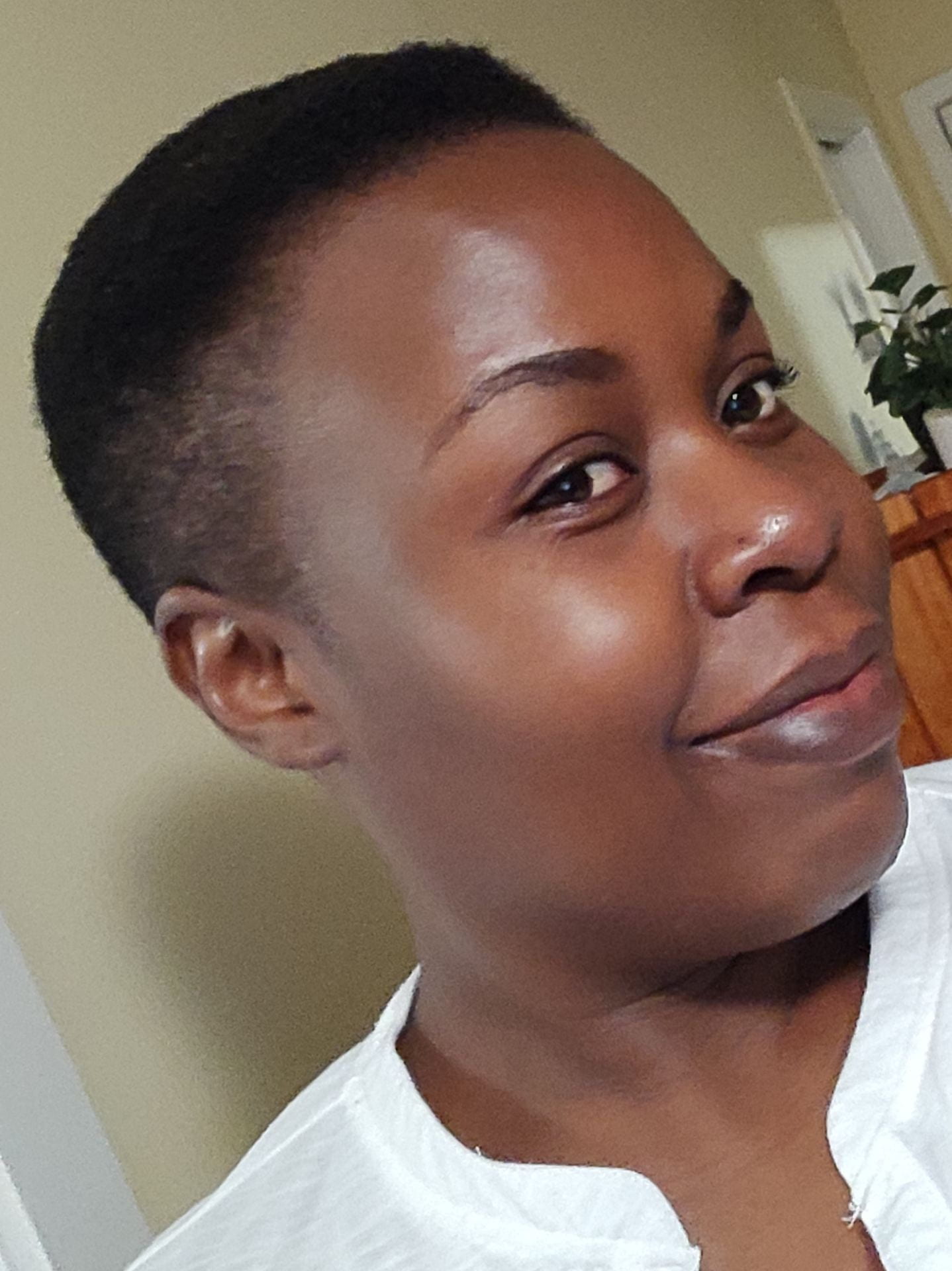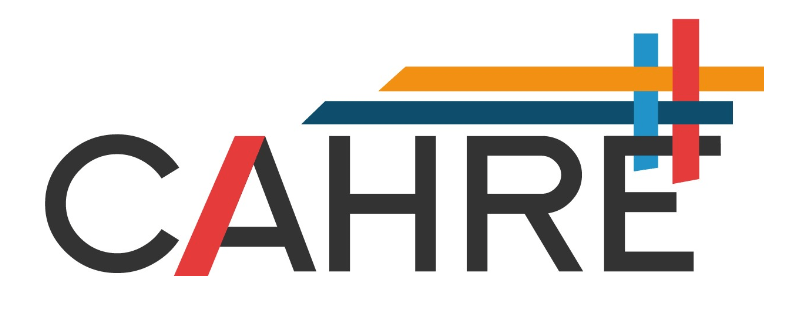So often research students are asked to adopt a theory or methodology for their research. The selection of theories and methodologies that are commonplace in health research commonly developed by those that do not share in our lived experiences or worldview. Rachel’s experience demonstrates how we can find harmony and be innovative by bringing together ways of thinking and doing from our culture and the context we live and research in. A bit like something old, something new, something borrowed, and something YOU.
From time immemorial, societies were defined and guided by their ways of seeing and understanding the world and how they related to their environments, both animate and inanimate. These ways of knowing and engaging with the world were not stagnant but have evolved and been transmitted through generations. The coming of colonisation disrupted the functionality of most societies. Imperialistic and racialisation ideologies undermined the ways of knowing and being of non-white peoples worldwide. Privilege, power and dominance were conferred to Western systems, including the academic institutions, making it impossible for non-western knowledge systems to be expressed. With migration and globalisation, we find vibrant multicultural societies possessing diverse knowledge and understanding. This narrative is similar in many countries worldwide; however, I will draw on my experiences in Aotearoa.
In this conflicted structure of whiteness and Western dominance, I found myself a few years ago when I enrolled for my PhD. The thought of pursuing a PhD was and is still overly exciting, particularly looking at the endless opportunities that this academic achievement could bring to my family, community, and myself. However, the actual space in which this PhD is happening is also very exhausting. Every step in this Doctoral journey is a battle, constantly fighting against a system that is fixed in its ways.
Being an African migrant, I found myself having to traverse three worlds. It was critical for me to first acknowledge and recognise tangata whenua throughout my work. Being conscious of the legacies of colonisation and Western research and its impact on tangata whenua, I did not want to repeat history. I also sought to balance my values, my community’s needs and aspirations, and academic expectations of the institution and simultaneously challenge assertions of hegemonic research and methodologies. Though challenging, I could navigate and explore the interface between Māori, African and Western knowledge systems. Negotiating these three disparate ways of knowing required three-eyed seeing. This three-eyed seeing enabled me to conceptualise an innovative methodology that brought these disparate knowledge systems together. Through this approach, our needs, our aspirations, and our voices were amplified.
While some may think pulling together different knowledge systems in research diminish integrity, through my own experience, I beg to differ. While three-eyed seeing might be exhausting to navigate, the endless opportunities for innovation this space brings are exhilarating. I believe this space has unlimited potential for ethnic migrant researchers and communities. Our knowledge systems must be visible in Aotearoa and facilitate the development of safe research that meets the needs and aspirations of our communities and thereby inform policies and practices that represent us adequately. Three-eyed seeing allows us to manoeuvre ourselves in rigid structures and enable us to challenge systems that limit our potential and disadvantage us. The richness in our diversity and our knowledges is an asset we should aim to explore more.

About the author
Rachel Tapera (she/her)
rachel.tapera@auckland.ac.nz
Rachel is wahine tauiwi born and raised in Harare, Zimbabwe. Her ancestral roots span present-day Malawi, Mozambique and South Africa. Rachel is a Public Health Specialist with previous engagements with the United Nations in emergency humanitarian response. Rachel is a budding critical Indigenous researcher with a keen interest in applying Indigenous methodologies, African theorising and philosophies to social and health equity.

Indeed, this is an eyedseeing and thought provoking read that is key in today’s world . Thank you enjoyed reading the article.
Rachel, I very much appreciate the challenges and reflections you’ve shared and how these can be seen as a call for others working in this complex and contested space. I look forward to reading and learning more about how your PhD journey brought life to your aspirations. Ngaa mihi maioha, Shanthi